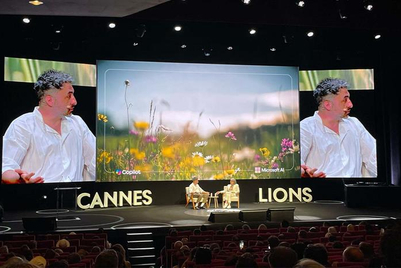
The coronavirus outbreak continues to impact businesses around the world, with the travel and tourism industries largely bearing the brunt of the effects. In an attempt to curb transmission, the World Health Organisation has issued a ‘do not travel’ advisory for China, and the past week has seen more commercial airlines suspending or cancelling services in and out of the country.
Outside of China, too, many companies and individuals are cancelling or postponing travel plans for fear of being infected, with the travel industry losing millions of dollars as a result. The Singapore Tourism Board announced on Feb 11 that up to 30% fewer visitors can be expected in 2020 due to the outbreak.
Singapore currently has one of the highest cases of 2019-nCov globally, and has implemented travel restrictions on new visitors with recent travel history to mainland China, where those who have visited within the last 14 days will not be allowed entry into Singapore, or to transit through Singapore.
As inbound travel to countries such as Singapore – as well as Japan, Thailand and Vietnam – is being heavily impacted by the lack of outbound travel from China, this poses the question: how can hotels and other travel companies minimise the long-term impact of the virus?
Do’s:
Appeal to the local market: With business and leisure travel being largely kept to a minimum, it’s important to address the local market in the immediate future, who are likely to be seeking new experiences closer to home.
Plan ahead: It’s important to have a crisis communications system prepared in case of worst-case scenarios, including social media responses, media statements, and guest communications.
Strategise for recovery: Use this time to relook your 2020 marketing strategy so that you are ready to actively promote your brand when the time is right. People’s general attitudes towards travel are likely to have altered, so now is a time to reassure and inspire.
Don’ts:
Slash prices: While it can be tempting to out-price, it’s vital that luxury hotels remember that the outbreak is temporary, and will not last forever. Lowering rates is damaging to brand equity and positioning, and can be detrimental in the long run.
Believe fake news: Tabloid press and social media tend to indulge mass hysteria in times of crisis, and it’s vital for companies to remain calm and avoid speculation. Refer to the World Health Organisation and the local authorities for reliable updates.
Overreact or underprepare: While hysteria and panic will be detrimental, it’s also important to have contingency plans in place, so these are ready to implement if required. Consider the potential repercussions on operations should the situation worsen. And always be prepared to respond.

Lynda Williams and Charissa Guan are directors at Vim & Vigour PR
Sign up for our FREE weekly PRWeek Asia bulletin. Register here. |



.jpg&h=334&w=500&q=100&v=20250320&c=1)



.png&h=334&w=500&q=100&v=20250320&c=1)



.png&h=334&w=500&q=100&v=20250320&c=1)



.png&h=268&w=401&q=100&v=20250320&c=1)

.png&h=268&w=401&q=100&v=20250320&c=1)
.png&h=268&w=401&q=100&v=20250320&c=1)

